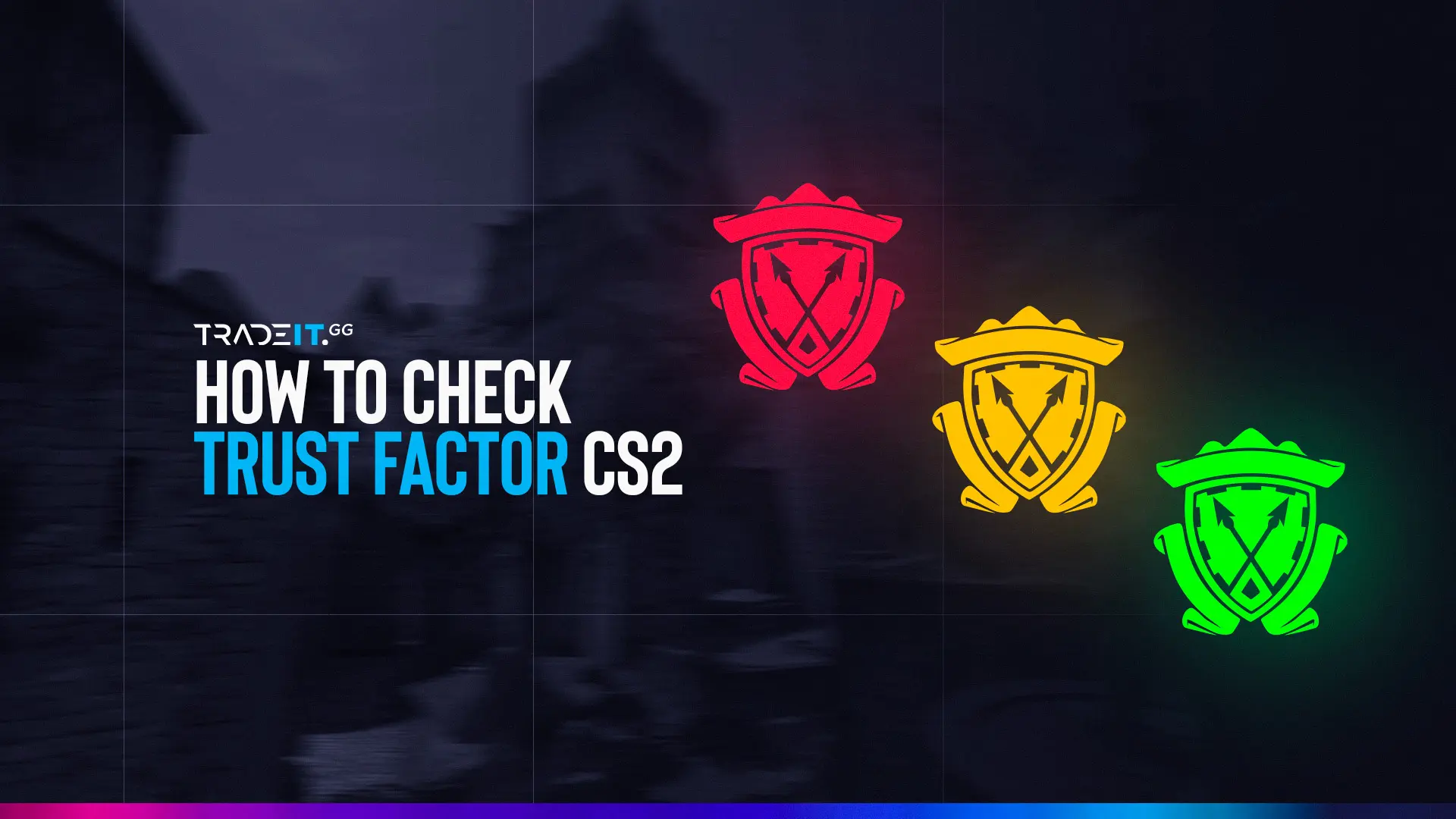Boat Drops: Your Portal to Aquatic Adventures
Explore the world of boating with tips, news, and insights.
Griefing Penalties in CS2: A Game of Consequences
Discover how CS2 tackles griefing with tough penalties! Uncover the game-changing consequences that impact players and gameplay dynamics.
Understanding Griefing Penalties in CS2: What You Need to Know
Griefing in CS2, much like in its predecessor, has significant penalties aimed at maintaining a fair and enjoyable gaming environment. Players found engaging in griefing behavior, such as team killing, sabotaging teammates, or using disruptive tactics, can face automatic consequences. These can range from temporary bans to permanent account suspensions. Understanding griefing penalties is crucial for players who want to avoid these consequences and contribute positively to their team.
To effectively navigate the landscape of griefing penalties in CS2, it's important to familiarize yourself with the reporting system and the behaviors that qualify for penalties. Here are some key points to consider:
- Team killing: Deliberately harming your teammates is a primary form of griefing.
- Communication sabotage: Disrupting the in-game chat to confuse or demoralize teammates.
- Intentional loss: Purposely playing poorly to affect the outcome of the match.
By understanding these behaviors and their associated penalties, players can better protect themselves and foster a supportive gaming community.

Counter-Strike is a highly popular first-person shooter game series that focuses on team-based gameplay, where players take on the roles of terrorists and counter-terrorists. For those looking to enhance their gameplay experience, a complete cs2 inspect guide can provide valuable tips and strategies for mastering the game. The series has evolved over the years, with each installment introducing new features and improved graphics, making it a favorite among competitive gamers.
How Griefing Affects Gameplay and Consequences in CS2
Griefing in CS2 can significantly impact the overall gameplay experience for both the victim and the perpetrator. It’s not just a matter of annoying fellow players; it often disrupts team dynamics and strategy execution. When one player deliberately sabotages their teammates by actions such as team-killing, blocking paths, or misusing resources, it generates an atmosphere of distrust and frustration. Victims of griefing may find it hard to concentrate, affecting their performance and ultimately leading to unfavorable outcomes in matches. This toxic behavior diminishes the competitive nature of the game, turning cooperative play into a frustrating ordeal.
The consequences of griefing extend beyond immediate game satisfaction. Players caught in the act may face disciplinary actions, including temporary suspensions or permanent bans from the platform. These repercussions are implemented to maintain a fair and enjoyable gaming environment and highlight the importance of sportsmanship in multiplayer games. Furthermore, communities and forums often start discussions about such behavior, leading to an increase in awareness and reporting of griefers. This creates an additional layer of accountability, helping to transform CS2 into a game where respect and collaboration are prioritized.
What Are the Differences Between Griefing and Legitimate Strategies in CS2?
Griefing in CS2 refers to deliberate actions taken by players to disrupt the gaming experience of others. This can include behaviors like team-killing, blocking teammates, or using in-game mechanics to sabotage one’s team. The intention behind griefing is typically to inflict frustration or irritate other players, which not only detracts from the enjoyment of the game but can also affect the overall match outcome. Unlike legitimate strategies, which are rooted in skill and tactical gameplay, griefing is often viewed as unsportsmanlike conduct that undermines the integrity of the game.
On the other hand, legitimate strategies in CS2 involve using game mechanics and teamwork to achieve victory without causing undue harm to fellow players. These strategies can include coordinating with teammates for effective attacks, utilizing map knowledge for advantageous positioning, or executing well-timed defensive plays. While some may misconstrue aggressive tactics as griefing, these actions stem from a competitive spirit and a desire to win fairly. Understanding the distinction between griefing and legitimate strategies is essential for fostering a positive gaming environment where players can thrive and enjoy the challenges of the game.